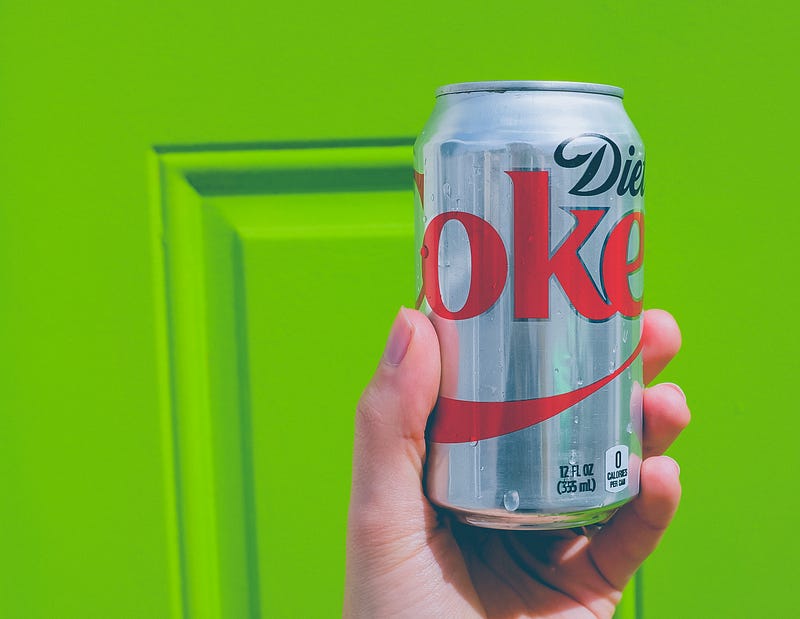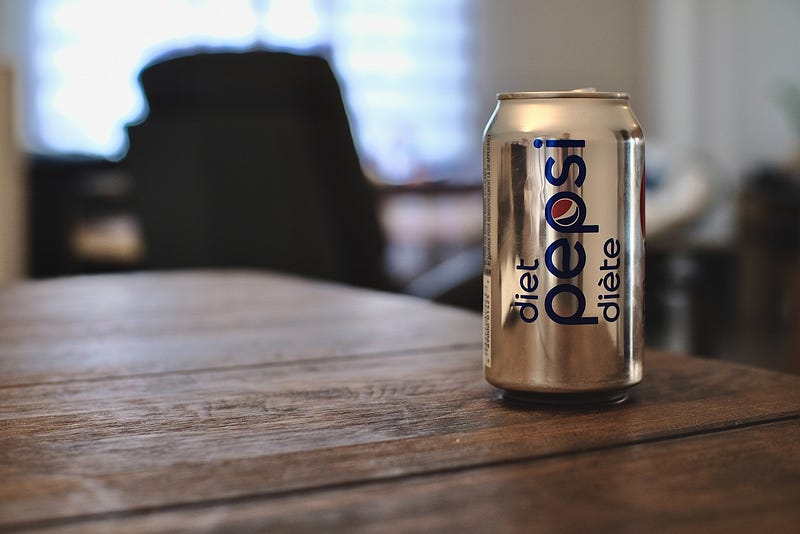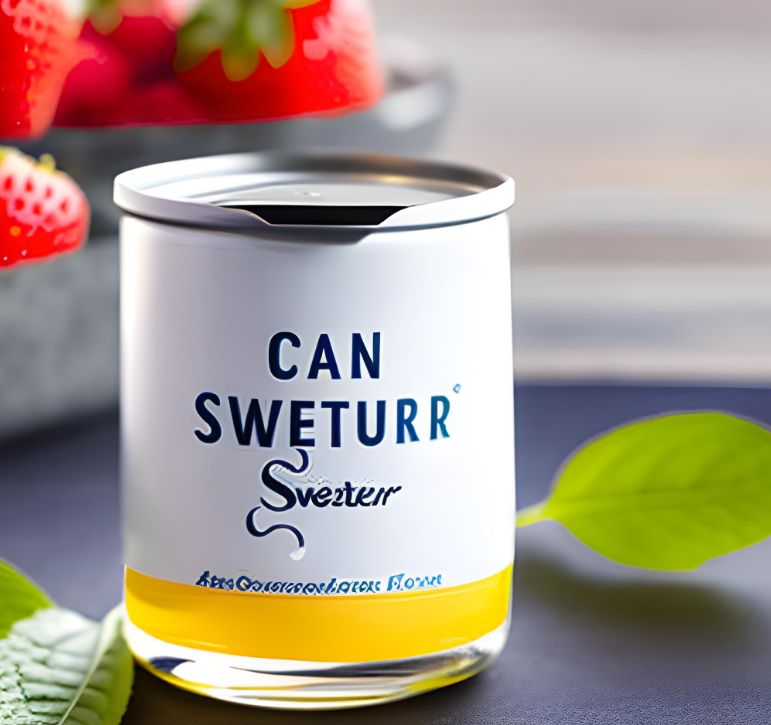Understanding the Misleading Claims About Sucralose Safety
Written on
Chapter 1: The Unfounded Concerns
Recent news surrounding artificial sweeteners tends to create a predictable cycle of alarm. Whether the topic is heart disease or far-fetched conspiracies involving sweeteners, there always seems to be a new fear emerging. The latest wave of headlines has claimed that sucralose, the sweetener found in Splenda and some varieties of Diet Coke, poses a genotoxic threat and could potentially cause cancer. The fearmongering suggests that consuming Splenda might lead to internal degradation, which sounds alarming.

Fortunately for fans of artificial sweeteners, the reality is not nearly as dire as the headlines imply. The implications of the recent study causing such concern are unlikely to translate into actual risks for human health.
The Science Behind the Claims
The study in question involved what is typically called lab-bench research. Researchers introduced sucralose-6-acetate, a byproduct of sucralose formed in the gut, into petri dishes containing rat and human cells to observe any effects. They noted slight elevations in markers of potential cell damage at the highest concentrations of sucralose-6-acetate they tested.
This led the authors to propose that sucralose could have genotoxic effects, often associated with cancer, which fueled the sensational headlines. Additionally, the lead author claimed that sucralose might contribute to “leaky gut,” raising alarms about its safety.

Despite these claims, I find little reason to fear sucralose in relation to cancer or gut health. While lab-based studies are intriguing, they cannot be directly compared to real-life human biology.
Real-World Implications
A significant reason this study’s findings are not directly applicable to daily life lies in the dosage used. The authors referenced a conservative safety benchmark known as the Threshold for Toxicological Concern (TTC), suggesting that typical sucralose consumption might be hazardous. The TTC is a precautionary threshold applied to new chemicals suspected of being carcinogenic but not yet tested in humans, and it is set quite low.
Indeed, many individuals consume Splenda in amounts exceeding the TTC for potential genotoxic compounds, which is set at 0.0025µg/kg/day. A single packet of Splenda contains approximately 12mg, far exceeding this threshold.

However, the TTC is intended for substances that haven't undergone rigorous testing, whereas sucralose has been consumed for decades. The concentrations tested in the study show that potential genotoxic effects were detectable only at around 500µg/ml.
To put this in context, a 2016 study revealed that consuming 250mg of sucralose resulted in blood concentrations of approximately 365ng/ml. This means that even after consuming the equivalent of four cans of diet soda, blood concentrations remained significantly lower than the levels associated with cell damage in the lab study.

To reach concentrations of 500µg/ml, one would need to consume about 1,250 times the amount of sucralose used in the study. This equates to an unrealistic consumption of approximately 5,000 cans of diet cola in just two hours. Furthermore, the study focused on sucralose-6-acetate, not sucralose itself, meaning the necessary consumption to reach harmful levels would be even higher—potentially over 50,000 cans.
Sweeteners and Safety
This data suggests that while there may be some potential effects from extraordinarily high doses of sucralose, such levels are unlikely to be encountered in everyday life. The lab findings should not dictate daily choices; cells in a lab are markedly different from living human beings.
Moreover, decades of safety data indicate that artificial sweeteners are not particularly harmful. Though we can't completely dismiss the possibility of some risks at a population level, current evidence suggests that they pose minimal danger to actual consumers.

The ongoing narrative surrounding artificial sweeteners frequently overlooks one crucial comparison—sugar. Evidence supports that swapping sugar-laden foods with those containing artificial sweeteners can aid in weight management, which in turn can enhance overall health.
While it's likely that sucralose is not as beneficial as abstaining from sweeteners altogether, the general consensus remains unchanged: If you’re currently consuming sugar, switching to sucralose could be a healthier option without significant concerns.
Chapter 2: Video Insights on Sucralose
This video discusses a North Carolina study that highlights potential DNA damage linked to sucralose, raising questions about its safety.
Another video delves into the health risks associated with sucralose, offering insights on what consumers should be aware of regarding this artificial sweetener.